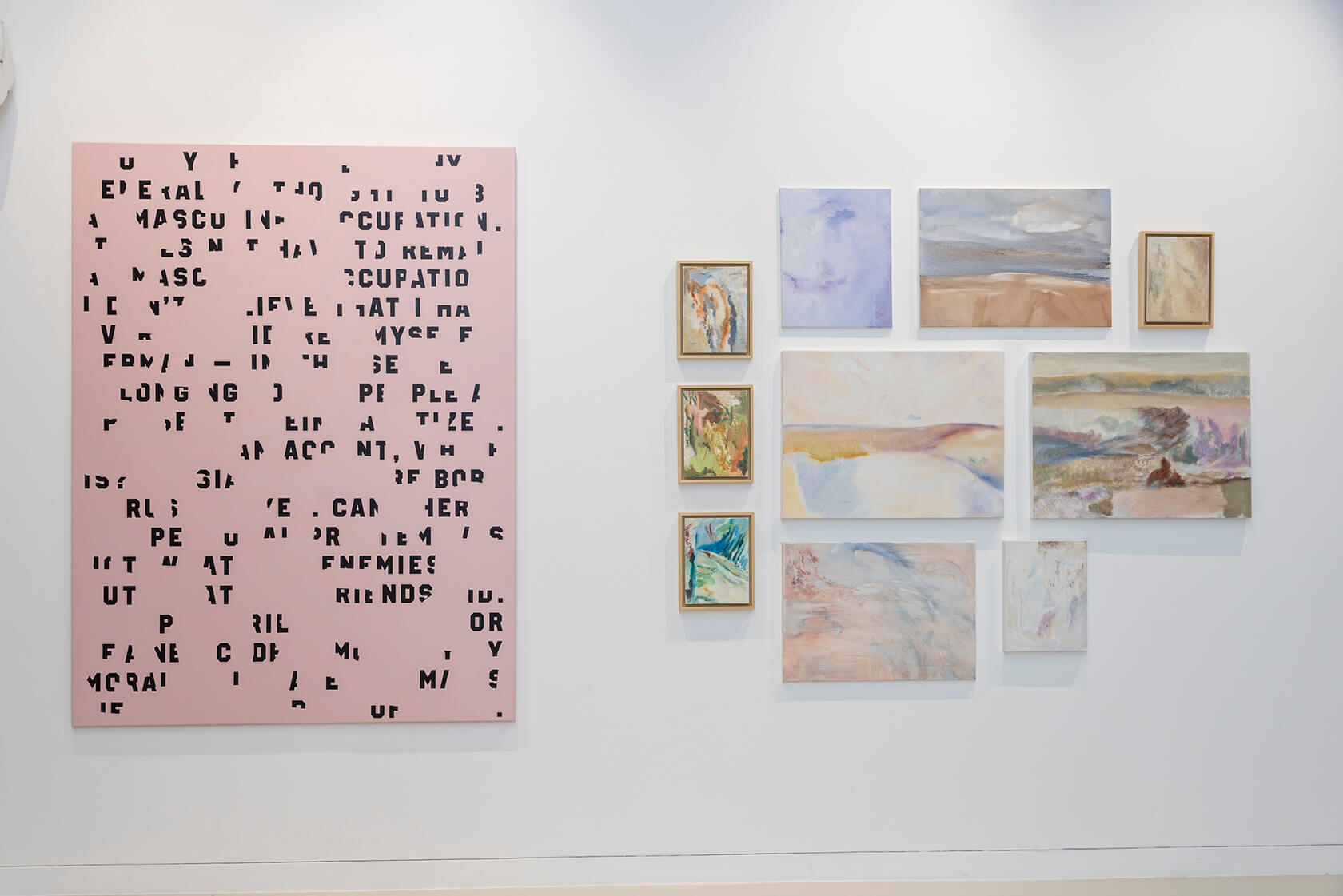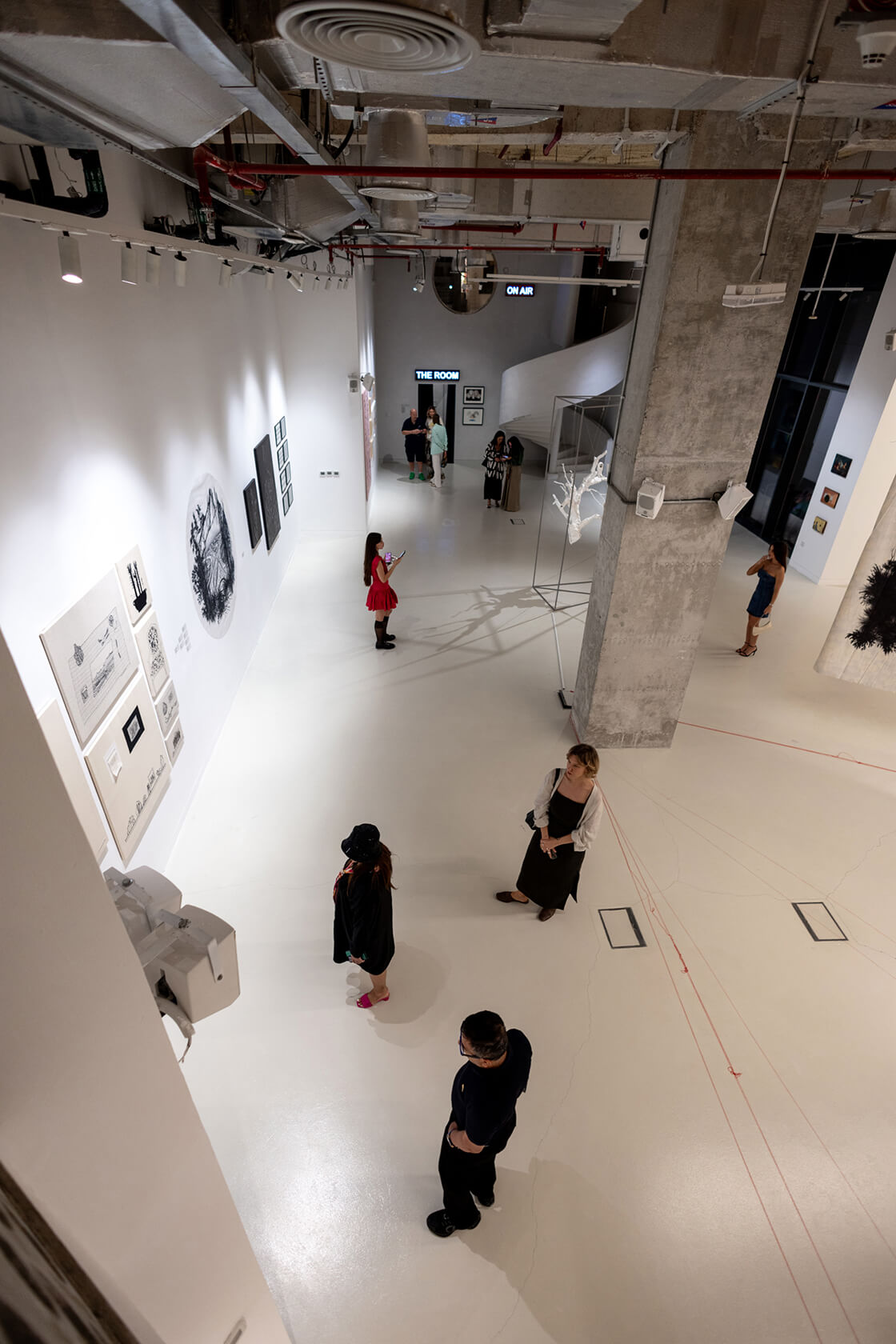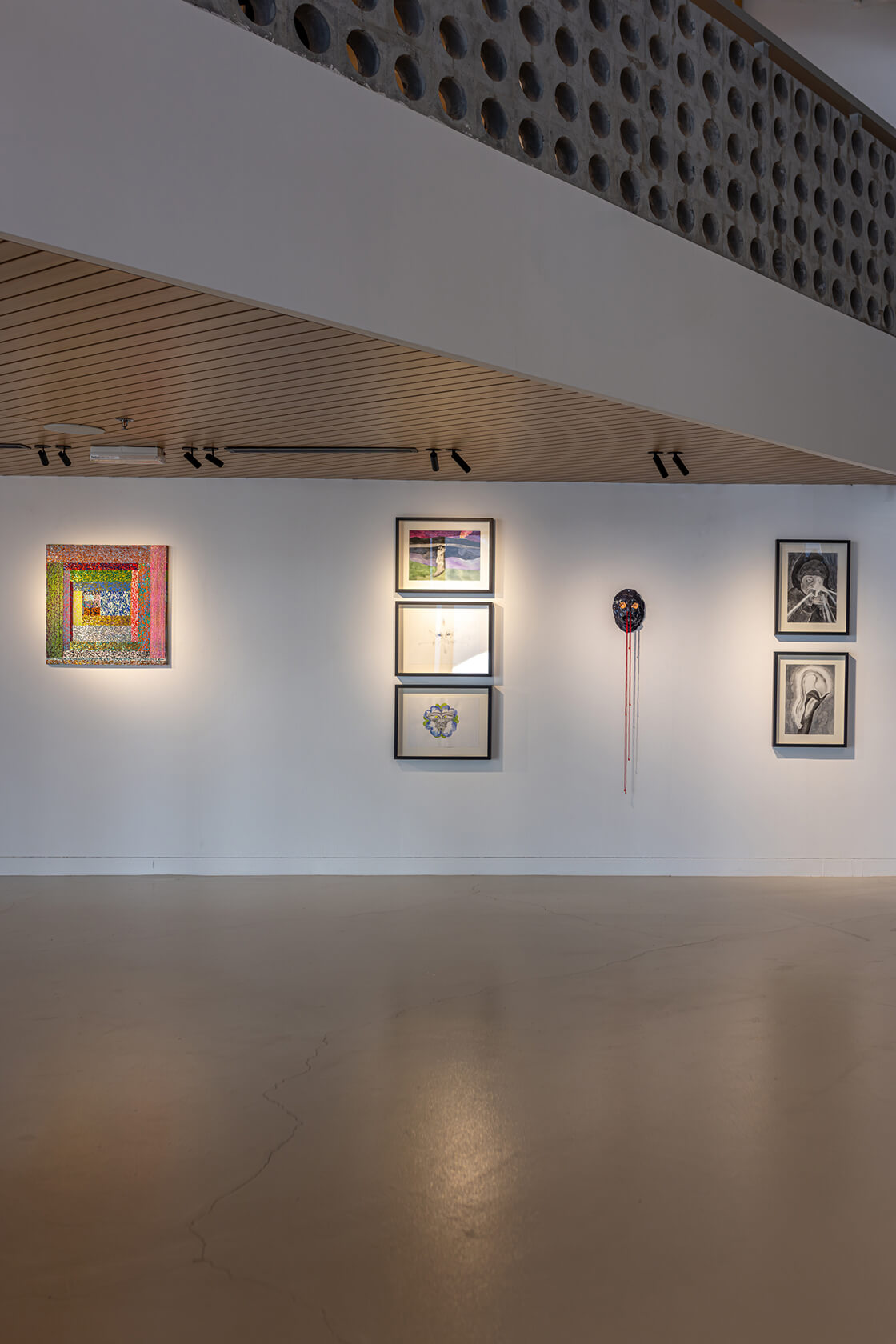ARTISTS:
Anna Afonina
Maryam Ashkanian
Mary Badalian
Anna Fobia
Anna Komarova
Liudmila Konstantinova
Taisia Korotkova
Olya Kroytor
Lilia Li-Mi-Yan
Katerina Lukina
Oksana Mas
Almagul Menlinbaeva
Irina Nakhova
Liza Olshanskaya
Alexandra Paperno
Vasilisa Palianina
Lidia Russkova-Hasaya
Diana Shliman
Sofya Skidan
Olga Tatarintsev
Fatima Uzdenova
Irina Zatulovskaya
Asia Zaslavskaya
Richi Bhatia
Olia Breva
Sophiya Khwaja
Sara Masinaei
Fatima Uzdenovan
Anna Afonina
Maryam Ashkanian
Mary Badalian
Anna Fobia
Anna Komarova
Liudmila Konstantinova
Taisia Korotkova
Olya Kroytor
Lilia Li-Mi-Yan
Katerina Lukina
Oksana Mas
Almagul Menlinbaeva
Irina Nakhova
Liza Olshanskaya
Alexandra Paperno
Vasilisa Palianina
Lidia Russkova-Hasaya
Diana Shliman
Sofya Skidan
Olga Tatarintsev
Fatima Uzdenova
Irina Zatulovskaya
Asia Zaslavskaya
Richi Bhatia
Olia Breva
Sophiya Khwaja
Sara Masinaei
Fatima Uzdenovan
CURATORS:
Nadine Khalil
Alisa Bagdonaite
Serafima Kostrova
Nadine Khalil
Alisa Bagdonaite
Serafima Kostrova
On first glance, placing women artists from post-Soviet spaces with those from West and South Asia presents an unusual proposition. While Global South discourse in contemporary art has created its own divisions, at times reinforcing marginalized histories, the aim of this show is to unsettle the notion of geography by bringing together artists – from Armenia, Belarus, India, Iran, Kazakhstan, Russia, Ukraine, and Pakistan – who wouldn’t otherwise be seen occupying the same discursive space.
Fictional Landscapes is an exhibition that presents richly divergent desires on space and place, whereby natural and built environments extend beyond their physical delineations to embody emotional, mythical and migratory spheres. We are asking: what does it mean to situate oneself in a particular place? What forms of individual and collective embodiment arise from the ruins of history?
The field of eco-feminism draws parallels between the patriarchal control of women’s bodies and the destruction of the environment. There are challenges in applying feminist texts and gender theory to different national contexts due to differences in artistic frameworks and non-Eurocentric codes. Here some inspiration comes from feminist geographer Doreen Massey’s take on urban, social spaces as interactive and plural rather than closed systems, and that play host to different trajectories: “Conceiving of space as a static slice through time, as representation, as a closed system and so forth are all ways of taming it.”
The visions and spatial narratives presented here present lush, “untamed”, unstable imaginaries that unsettle the natural and the artificial. They defy gravity and collective forces that circumscribe and limit. Presenting a longing and a desire, a means of survival, a science, a spirituality, a glitch, a fiction, they bridge distinct relationships to their environments that fluctuate between memory and erasure on the one hand, transformation and speculation on the other. The artists employ various tools and materials to render the notion of place, which resonates through multiple lenses such as contemporary fairytale, sci-fi architecture and an uncanny sense of otherness.
The gaze on space presented is by women artists but not necessarily for or about women. Rather it is a multi-faceted, hybrid gaze – post-digital, architectural, cosmological and non-human. It is not a point of arrival, but rather a process that is always “in construction,” as per Massey, who stated: “Conceptualizing space as open, multiple and relational, unfinished and always becoming, is a prerequisite of history to be open and thus a prerequisite, too, for the possibility of politics.”
Here Fictional landscapes are dreamed up, emerging from a sociopolitical, decentred space that is very much alive, rooted in ancient belief systems and newfound realities.
Curatorial text by Nadine Khalil
Fictional Landscapes is an exhibition that presents richly divergent desires on space and place, whereby natural and built environments extend beyond their physical delineations to embody emotional, mythical and migratory spheres. We are asking: what does it mean to situate oneself in a particular place? What forms of individual and collective embodiment arise from the ruins of history?
The field of eco-feminism draws parallels between the patriarchal control of women’s bodies and the destruction of the environment. There are challenges in applying feminist texts and gender theory to different national contexts due to differences in artistic frameworks and non-Eurocentric codes. Here some inspiration comes from feminist geographer Doreen Massey’s take on urban, social spaces as interactive and plural rather than closed systems, and that play host to different trajectories: “Conceiving of space as a static slice through time, as representation, as a closed system and so forth are all ways of taming it.”
The visions and spatial narratives presented here present lush, “untamed”, unstable imaginaries that unsettle the natural and the artificial. They defy gravity and collective forces that circumscribe and limit. Presenting a longing and a desire, a means of survival, a science, a spirituality, a glitch, a fiction, they bridge distinct relationships to their environments that fluctuate between memory and erasure on the one hand, transformation and speculation on the other. The artists employ various tools and materials to render the notion of place, which resonates through multiple lenses such as contemporary fairytale, sci-fi architecture and an uncanny sense of otherness.
The gaze on space presented is by women artists but not necessarily for or about women. Rather it is a multi-faceted, hybrid gaze – post-digital, architectural, cosmological and non-human. It is not a point of arrival, but rather a process that is always “in construction,” as per Massey, who stated: “Conceptualizing space as open, multiple and relational, unfinished and always becoming, is a prerequisite of history to be open and thus a prerequisite, too, for the possibility of politics.”
Here Fictional landscapes are dreamed up, emerging from a sociopolitical, decentred space that is very much alive, rooted in ancient belief systems and newfound realities.
Curatorial text by Nadine Khalil
Fictional Landscapes: A Group Exhibition Featuring Female Artists from across Post-Soviet Countries to South and West Asia
PHOTO













